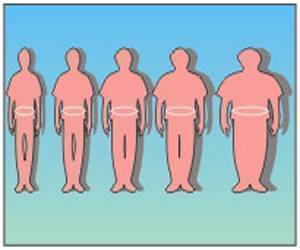Obesity research field would benefit greatly if a single-cell model organism such as yeast could be used, which can also be analyzed using fast and easy methods.

Using genetic tools, the research team screened a collection of about 5,000 different mutant yeast strains and identified 94 genes that, when removed, produced yeast with increases in fat content, as measured by quantitating fat bands on thin-layer chromatography plates.
When the team looked at the protein products of the genes, they discovered that those proteins are physically bonded to one another to form an extensive, highly clustered network within the cell. During the research, the team created a computer model that suggested the yeast fat network exhibits what is known as the small-world property.
This pattern is also seen in a well-known network model in graph theory, called the Watts-Strogatz model. The researches claim that their work predicts that changing the proteins with the highest centrality scores will have a bigger effect on network output than average.
They also found that the removal of proteins with the highest predicted centrality scores produced yeast cells with a larger fat band than in yeast whose less-important proteins had been removed.
The researchers also think that their technique could be applicable to protein networks that control other cellular functions such as abnormal cell division, which can lead to cancer. The study is published in journal PLOS Computational Biology.
 MEDINDIA
MEDINDIA



 Email
Email










